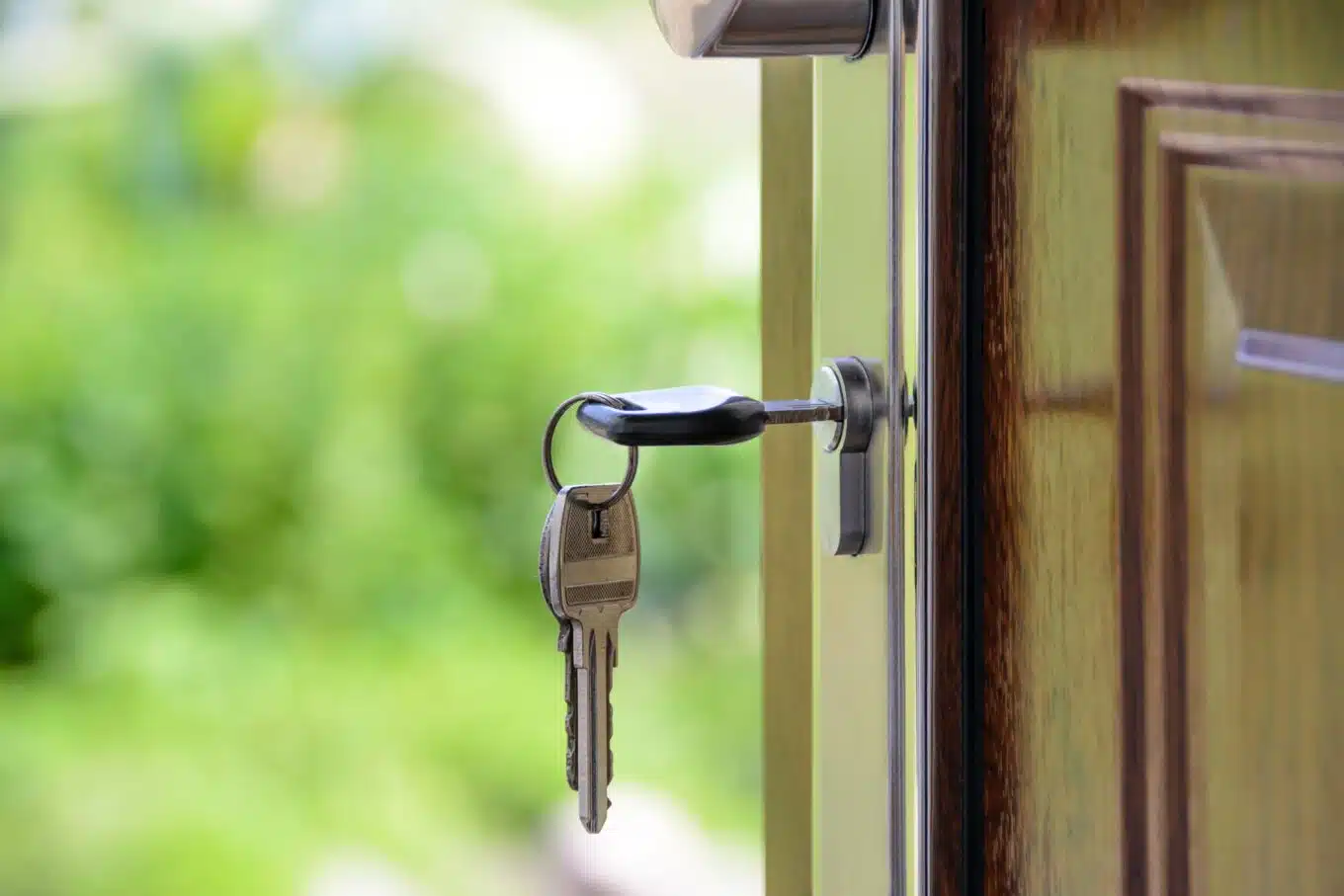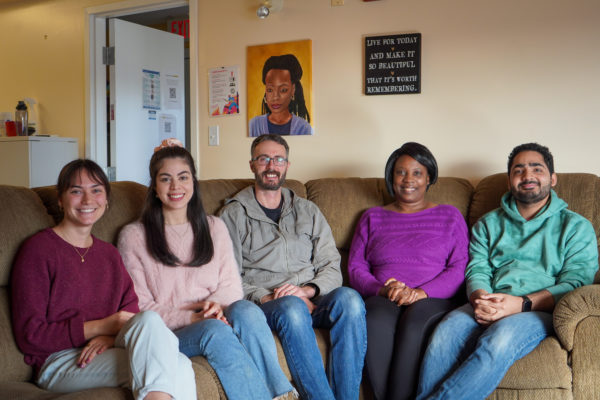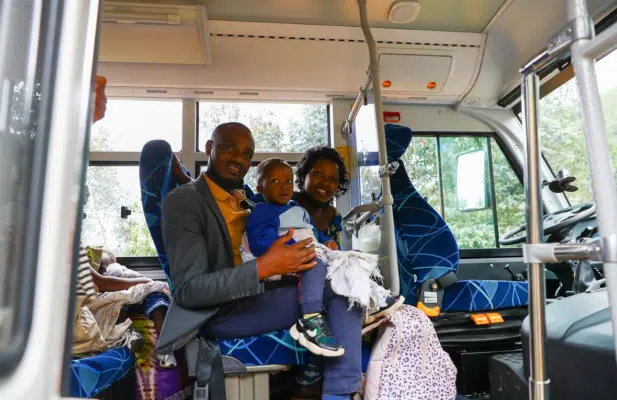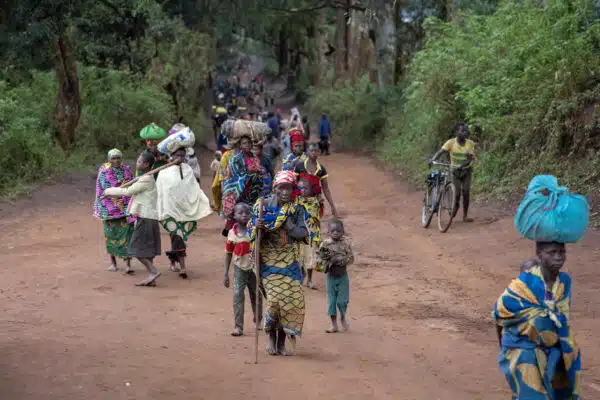
Photo courtesy of PhotoMIX Company from Pexels.
In the last few weeks, we have heard a lot about asylum-seekers in Toronto sleeping on the streets while a public debate rages about who foots the bill. Sadly, the people suffering the most are those left without a roof over their heads.
The truth is that housing for asylum-seekers is only a small portion of a bigger homelessness issue nationwide.
Conservatively, it is estimated that an average of 235,000 people in Canada experience some type of housing insecurity each year. This number has been exacerbated by the COVID-19 pandemic.
In Toronto, asylum-seekers make up approximately 35 per cent of the population who access emergency shelters. But it’s important to understand that number in context. Toronto, a city with an estimated population of seven million, has only 9,000 emergency beds available.
Asylum-seekers are not the problem, nor should they be singled out or refused housing. They have already endured immense hardships, further compounded by having no choice but to sleep on the streets.
It’s worth mentioning that the vast majority1 of those who claim asylum in Canada are found to be refugees by the Immigration and Refugee Board of Canada, an independent tribunal. This means that nearly eight out of 10 people who come to Canada claiming asylum are assessed to have a legitimate and well-founded fear of persecution or risks to their lives in their home country.
Canada is also protected by its geography and receives very few asylum claims. In 2022, Canada received only 2 per cent of the 5.4 million asylum-seekers worldwide. While 76 per cent of the world’s displaced populations are hosted by low to middle-income countries.
If countries with the least amount of resources manage to rise to the challenge of hosting millions of refugees, then I do not doubt that Canada can also continue to find long-term solutions. The recent announcements by the federal government, the province of Ontario and Toronto’s municipal authorities of additional funding are a welcome step and will help uphold Canada’s long tradition of welcoming asylum seekers in a dignified and humane way.
Communities in Toronto have also stepped up to provide temporary shelter for asylum-seekers — and have opened their hearts and responded with enormous generosity.
Our hope is that we move beyond the stigmatizing conversations around asylum-seekers and do better. It has painted those forced to flee in broad strokes that discount their humanity.
The Universal Declaration of Human Rights and the International Covenant on Economic, Social and Cultural Rights recognize adequate housing as a right. This right does not depend on who you are or where you’re from.
If all levels of government continue to stay at the table and work together, we can find solutions to end housing insecurity for all.
1 As of March 2023, acceptance rates were 78 per cent evaluated on the merits of their asylum claim.
Looking for ways to help or get involved in Toronto? Visit Christie Refugee Welcome Centre, FCJ Refugee Centre, Matthew House Toronto or Romero House for more information.





